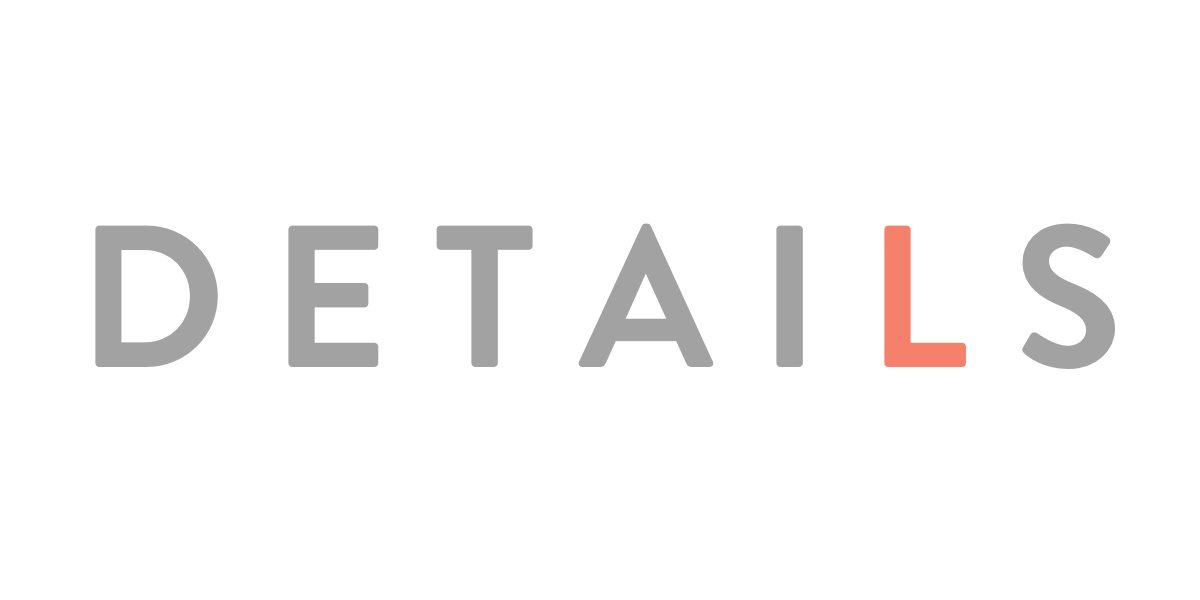DETAILS: LEAD WITH LEARNING
When you desire to effectively anticipate needs, you can always think DETAILS.
L - LEAD WITH LEARNING
Anticipating needs is one of the most important features of planning ahead and caring for others. It’s learning what to expect before it happens, it’s knowing the preferences of others and finding ways to provide their preferences by going above and beyond. Anticipating needs is central to being a thoughtful person. We can often think that kindness and thoughtfulness comes naturally to some - but the reality is thoughtfulness and kindness is something that has to be practiced and worked on continually. If you want to grow in your ability to anticipate needs you can start by learning.
CULTIVATE AN ATTITUDE OF LEARNING
There are several ways we can learn for the purpose of growing our ability to anticipate needs. I’ve found the best place to start is with an attitude that desires to learn.
One of the biggest road blocks to being thoughtful, caring, and servant-minded is thinking we know everything and that our way of doing things is the best way. There is so much to learn and I’ve found the more I make time for learning and studying, the more I realize there’s a lot I don’t know. That’s why it’s helpful to adopt the mindset of being a life-long learner.
There are multiple ways that we can add things into our routines to become life-long learners. Here are three simple ways we can start learning to grow the ability to anticipate needs.
LEARN FROM EXPERIENCE
We’re surrounded by opportunities allowing us to learn from things happening around us and our own experiences. It’s good reflect and think about the things we’ve done, the way we’ve done them, and our motivations. One of the ways we can learn from our own experiences is by conducting an Action Review. This process walks through a series of reflective categories:
What Were You Trying to Accomplish?
Summarize What You Did
List What You Think Was Successful (What Would I Do The Same Next Time?)
List What You Think Was Unsuccessful (What Would I Do Differently Next Time?)
These categories may seem simple and obvious, but I’m always surprised with how much is uncovered and remembered by making myself walk through these reflective questions with intention. Doing this exercise helps uncover what’s important and allows you to better anticipate needs in the future.
LEARN FROM OTHERS
We can mistakenly think that our way of doing things is the best way or that there aren’t other ways of doing things. The times when I’ve felt stuck with not knowing how to anticipate needs, whether professionally or at home raising kids, have been helped by my relationship with wise people who have experience in the areas I’m needing help.
Set yourself up with people in your life that have experienced sustained success in the areas you are wanting to be successful in. Ask them questions and allow them to speak to the things you do and point out areas you are making mistakes.
Another way we can learn from others is simply by being observant. Watch what others are doing. Observe their successes and failures. “Be a student of life.” This is especially true if you’re anticipating needs for the people you work with and for. Take notes on the things that are important to them. If your co-worker or boss likes a particular drink or takes their coffee a certain way take note of that and surprise them with a coffee; it will show that you care and pay attention to the things that are important to them.
LEARN FROM RESOURCES
Learn from resources. There’s a saying that “leaders are readers.” What this communicates is that leaders never stop learning or taking the initiative to be educated. If you want to anticipate needs and care for people, read books and become a well-versed expert on whatever field you work in.
What are some ways that you’ve cultivated a lifestyle of learning?
| Credits: Author & Photography - Jacintha Payne |










When I think about creating a culture of anticipating needs in my own life, I can't help but think of the importance of creating a good network of relationships…